Search
Search within Environmental Disasters
123 results found
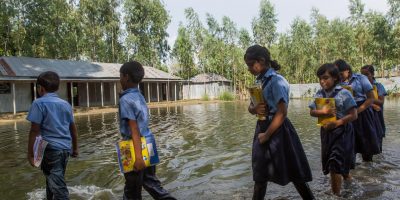
Evidence Reviews
Effects of Climate Change on the Social & Environmental Determinants of Health in Africa
The authors present current evidence on how climate change impacts on social and environmental determinants of health and the link between these determinants and the vulnerability of local communities. They outline proven community-based interventions that local populations in developing countries…
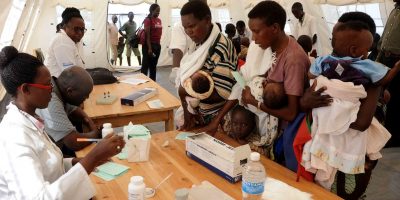
Background Reports
Prioritising Health Activities in Humanitarian Crises
The Sphere Humanitarian Charter states that: All people should have access to health services that are prioritised to address the main causes of excess mortality and morbidity. There are a number of handbooks to aid prioritisation in crisis situations (highlighted…

Evidence Reviews
Including People with Disabilities in Emergency Relief Efforts
More must be done to ensure the needs and rights of people with disabilities are fully recognised in disaster risk reduction and emergency responses. Accelerating progress will require inclusive humanitarian programming and the use of technological solutions to be effectively…
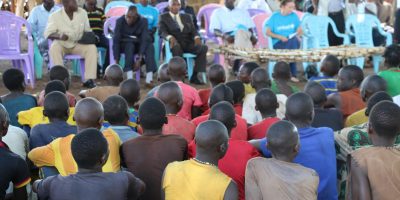
Evidence Reviews
Revisiting Therapeutic Governance: The Politics of Mental Health and Psychosocial Programmes in Humanitarian Settings
In the last thirty years, humanitarian programmes have increasingly sought to preserve not only physical life and health, but also to address psychological needs and promote social well-being. This growing prioritisation of psychological issues in humanitarian settings can be seen…
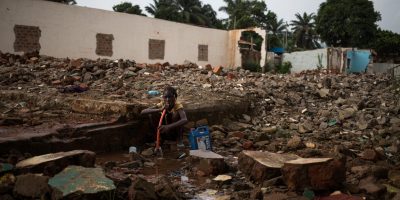
Psychosocial Intervention in Complex Emergencies: A Framework for Practice
This working paper sets about developing a common framework that summarises key knowledge in the field of psychosocial interventions in emergencies in order to provide agencies with some tools’ for making decisions about the type of interventions they can implement.…
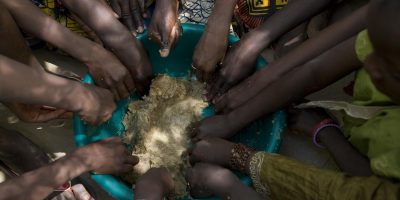
Evidence Reviews
Nutrition Interventions for Older People in Emergencies
In emergency situations, older people may find it hard to access food. For example, when they are displaced, older people may face difficulties in registering for the general food rations, meet challenges in accessing food distributions and difficulties transporting the…
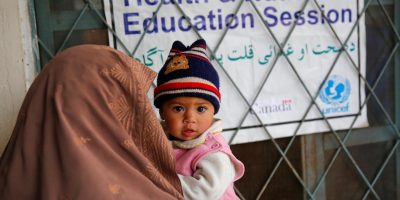
Background Reports
Strategic Review of DFID support to the Health and Population Sector in Pakistan and Recommendations for Future Support
The objective of this strategic review is to produce evidence-based options and recommendations for DFID’s strategy for engagement in Pakistan’s health and population sector over the next 3-5 years.The report suggests approaches that will work with- rather than just through–…
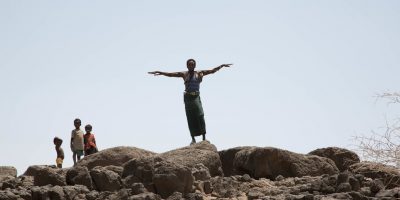
Evidence Reviews
Drought-Ravaged Malawi Faces Largest Humanitarian Emergency in its History
With 6.5 million people in need of humanitarian aid, this year’s El Nino–induced drought constitutes the largest humanitarian emergency that Malawi has ever confronted. It also brings the second consecutive harvest failure to this small, landlocked country, which has yet…

Evidence Reviews
Coming of Age: Communication’s Role in Powering Global Health
Communication has been a consistent current running through many major health developments of recent years. And yet, despite the demonstrated promise of communication as a tool for improving public health, not enough has been done to date to capitalise upon…
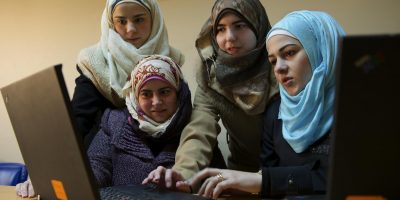
Evidence Reviews
Still Left in the Dark? How People in Emergencies Use Communication to Survive – and How Humanitarian Agencies Can Help
In 2008, a BBC World Service Trust policy briefing argued that people affected by earthquakes, floods or other emergencies often lacked the information they needed to survive and that this only added to their stress and anxiety. Left in the…
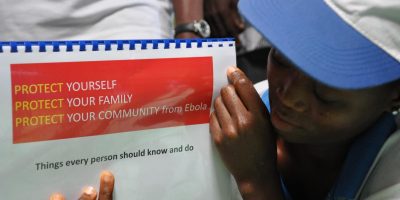
Evidence Reviews
Using Media and Communication to Respond to Public Health Emergencies: Lessons Learned from Ebola
Failings during the early months of the Ebola outbreak caused the epidemic to become an unprecedented health crisis in West Africa. This cannot be repeated.
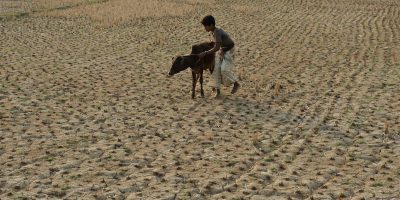
Briefings
Famine in Somalia and the Failure of Data-Driven Humanitarianism
Andrew Seal and Rob Bailey discuss the limitations of data-driven humanitarian efforts, and the lessons learned from the 2011 Somalia famine.


